The nation’s voluminous text, the Constitution, created in the wake of gaining political freedom from the nearly 150-year colonial rule is marked by various provisions aimed ostensibly at facilitating conditions to ensure liberty and equality to every citizen in the country, apart from serving as guideline for good governance in every sense of the expression. One of the most important factors favourable to such governance being social justice to all, particularly those sections of the population whose ancestors were at the receiving end of social bias resulting in oppression, as recorded in the land’s history. While the nation is witnessing successive governments framing Acts by the nation’s Parliament to achieve social justice to those sections and implementing the rules and regulations taking off from the Acts, the matter is still in a volatile state even as whatever has happened, including despicable customs of past people, cannot be changed, just as one cannot put the clock back. Apart from the issue of social justice, the nation is served by its judiciary with its responsibility of administering justice subject to the land’s laws. The law-keeping agencies and the violators of laws being the other two players in the game of justice.
Tracing the origins of human beings achieving the all-too-familiar system of seeking and delivery of justice by the stipulated agencies such as the law courts and others vested with similar authority can be a fascinating exercise. While monarchs and chieftains exercised their authority in the past, democracy such as ours has its own complex ways of doling out justice to the seekers.
The country’s laws, obviously framed for the people’s benefit, amount to a cornucopia to grasp which is humanly impossible. Mysuru has reportedly a veritable army of 5,000 legal practitioners and Bengaluru may be hosting some 10 times that number. Figures revealing the profile of the land’s judiciary including (a) Number of cases awaiting delivery of justice in the country’s Supreme Court, 24 High Courts and other Courts including Fast Track, counts crossing the three crore, (b) Number of inmates in the land’s nearly 1,400 prisons being three times their capacity, (c) Pontiffs, tycoons and political heavy-weights facing charges of various uncivil acts prompts one to infer that all is not well in the country’s administration.
The good old idiom, “Justice delayed is justice denied” seems to have suffered a time warp in the light of the current mismatch among the three players namely (a) Judges of Courts, (b) Law-keeping machinery and (c) People indulging in all sorts of unlawful acts compounded by the hassles in the process of filing FIRs, taking the cases to the portals of justice and waiting for verdict until eternity. The threesome players seem to be unfazed in the playtime of arresting lawlessness in the land.



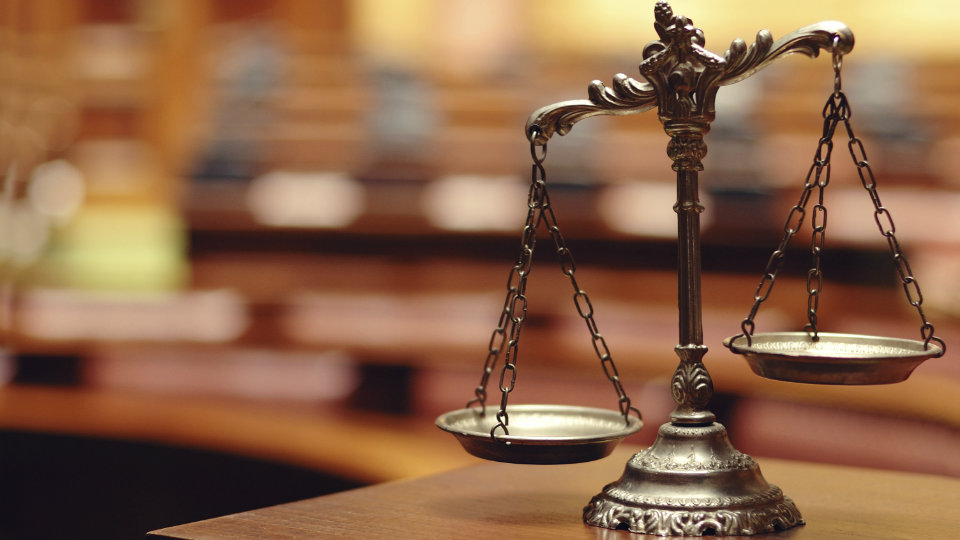
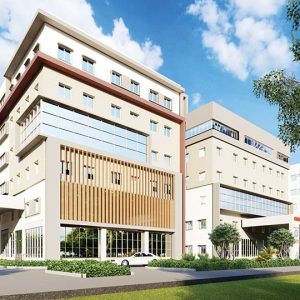
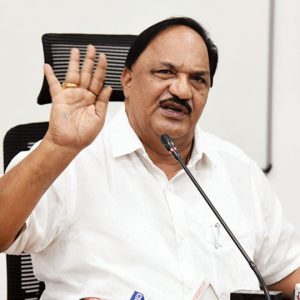
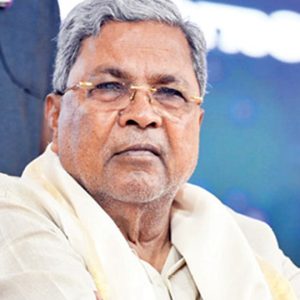
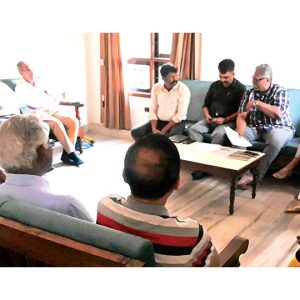
Recent Comments